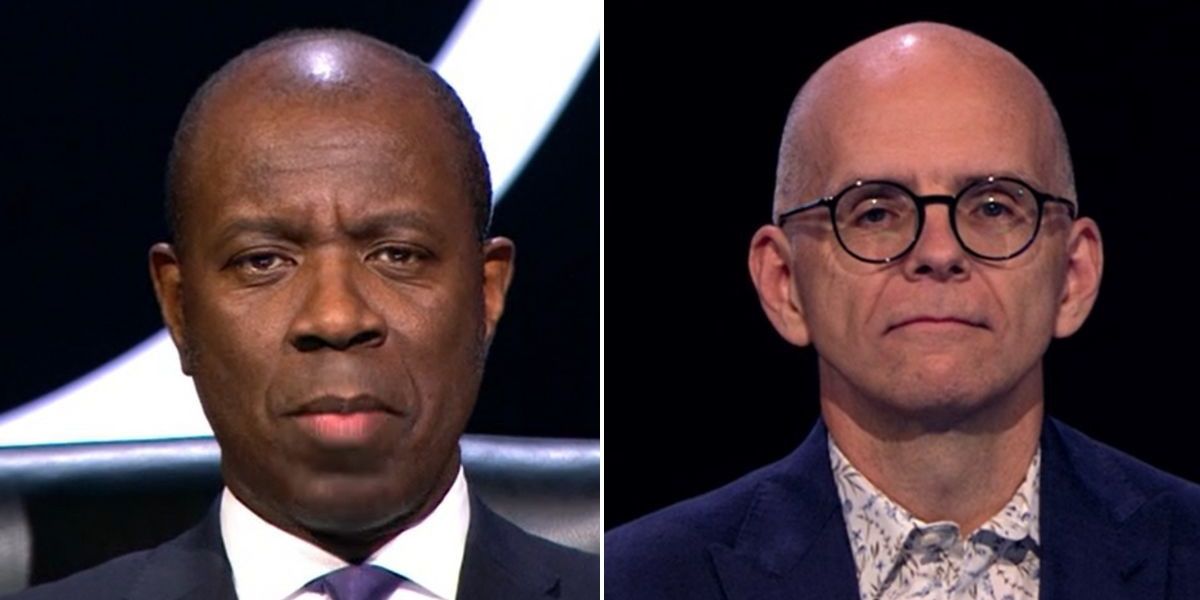Emilia Perez star Karla Sofia Gascon made Oscars history as she became the first openly transgender actress to earn a nomination in its 97 year history.
The 52-year-old Spanish actress earned a nod in the Best Actress category for the Netflix film when nominations for the 97th Annual Academy Awards were announced on Thursday.
She faces heavy competition as she will be up against Cynthia Erivo (Wicked), Mikey Madison (Anora), Demi Moore (The Substance) and Fernanda Torres (I’m Still Here).
It was also a big morning for Karla’s film as it was recognized in several categories including top honor Best Picture, Best Director for Jacquest Audiard, Best Supporting Actress for Zoe Saldana, Best Adapted Screenplay, and Best International Feature.
In the film, Karla portrays titular character Emilia Perez who is a cartel leader who enlists in the help of unappreciated lawyer Rita Mora Castro (played by Zoe Saldana) to help fake her death so that she can finally live authentically as her true self.
The star completed most of her gender transition in 2018 and announced her new identity after acting in Mexican telenovelas for years.
Emilia Perez star Karla Sofia Gascon made Oscars history as she became the first openly trans actress to earn a nomination in its 97 year history

It was also a big morning for Karla’s film as it was recognized in several categories including top honor Best Picture, Best Director for Jacquest Audiard, Best Supporting Actress for Zoe Saldana , Best Adapted Screenplay, and Best International Feature
The actress has certainly been blazing a path this awards season as she also was the first trans actress to earn a nomination at the 2025 Golden Globe Awards as well.
She also accepted the top honor of the night, Best Film – Musical or Comedy, on behalf of Emilia Perez and gave a powerful speech at the gala event earlier this month.
Karla said: ‘Thank you so much. I chose these colors tonight because I have a message. The light always wins over darkness.
‘I have a lot of things to say to you, because you can maybe put us in jail, you can beat us up, but you never can take away our soul, our existence, our identity. I want to say to you, raise your voice. And say, I am who I am. No who you are. Thank you so much.’
In addition to Karla and Zoe, the film also stars Selena Gomez and Adriana Paz as the film follows their four remarkable characters as they each pursue their own happiness in Mexico.
The film has some tangled origins. The French production is based on director Audiard’s opera libretto of the same name, which was in turn loosely adapted from Boris Razon’s 2018 novel Écoute.
Chief among its many themes is sisterhood and in his first acceptance speech of the Golden Globes, Audiard declared: ‘I don’t have sisters so maybe this is why I made a film about sisterhood. If there were more sisters in the world, it might be a better place.’
Major female players in Hollywood have championed the film with Meryl Streep praising the movie and Gomez’ performance in particular, describing it as ‘beautiful, smudged, sensual, incredible’.
Critics meanwhile have been falling over themselves to post the most rave reviews with glowing think pieces lauding its bravery in focusing on underrepresented characters and delivering ‘provocative’ subject matter through a musical genre.

In the film, Karla portrays titular character Emilia Perez who is a cartel leader who enlists in the help of unappreciated lawyer Rita Mora Castro (played by Zoe Saldana) to help fake her death so that she can finally live authentically as her true self

The actress has certainly been blazing a path this awards season as she also was the first trans actress to earn a nomination at the 2025 Golden Globe Awards as well and accepted the top honor of the night, Best Film – Musical or Comedy, on behalf of Emilia Perez

She gave a powerful speech as she said: ‘Thank you so much. I chose these colors tonight because I have a message. The light always wins over darkness. I have a lot of things to say to you, because you can maybe put us in jail, you can beat us up, but you never can take away our soul, our existence, our identity. I want to say to you, raise your voice. And say, I am who I am. No who you are. Thank you so much’
Amongst the hype though is criticism directed at the depiction of a transwoman.
Harron Walker for The Cut led the charge, writing: ‘I don’t demand total realism from every film that I see. I can even appreciate the camp, whether intentional or not, of Emilia waking up from her 5-million simultaneous surgeries, her face bandaged like a mummy save for her eyes and lips.’
‘But I expect that a filmmaker so taken by the concept of transitioning, one who’s displayed a certain level of conscious sensitivity in his previous efforts to depict lives unlike his own, to at least display an informed understanding of what that concept actually looks like in practice.’
As the film takes place in Mexico, Karla considers herself ‘Mexican by adoption’ despite being born in Alcobendas, Spain after living and working in Mexico for many years.












